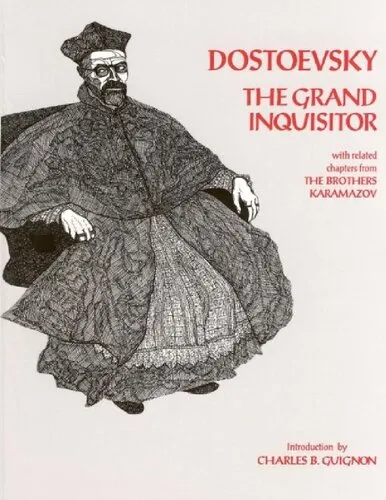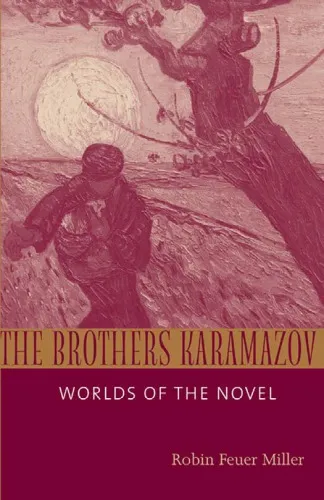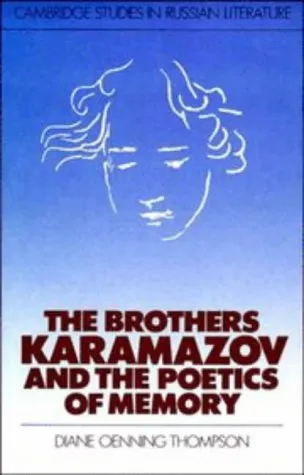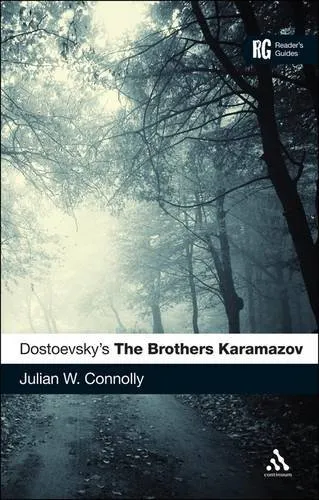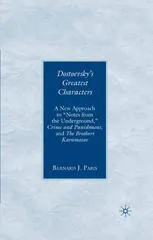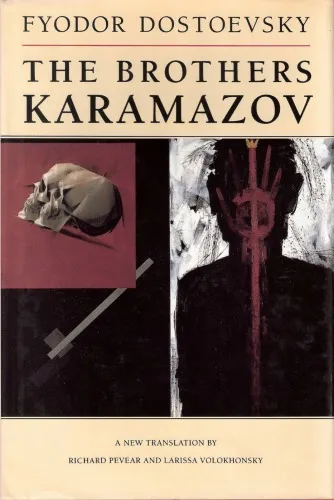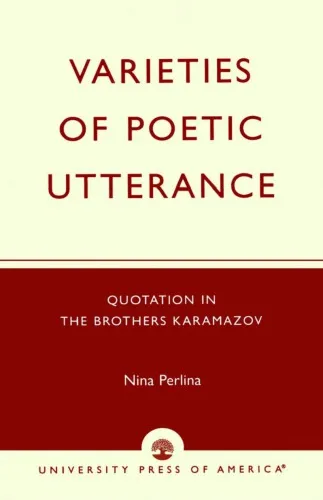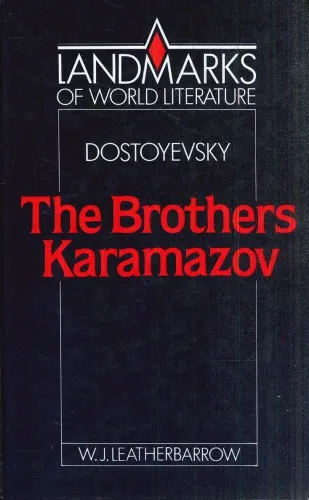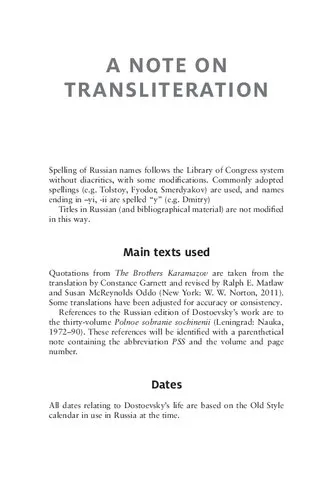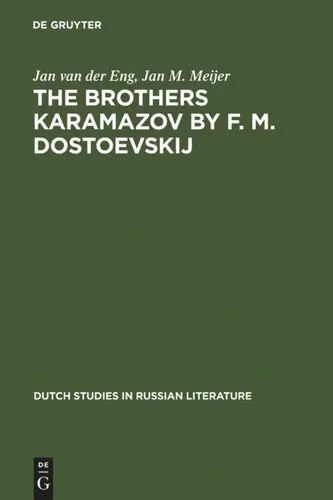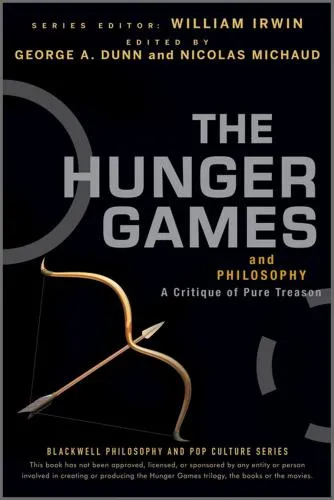The Grand Inquisitor: with related chapters from The Brothers Karamazov
4.5
Reviews from our users

You Can Ask your questions from this book's AI after Login
Each download or ask from book AI costs 2 points. To earn more free points, please visit the Points Guide Page and complete some valuable actions.Related Refrences:
Fyodor Dostoevsky's "The Grand Inquisitor: with related chapters from The Brothers Karamazov" is a profound exploration of faith, free will, and the human condition. Extracted from Dostoevsky's magnum opus, "The Brothers Karamazov," the narrative has deeply resonated with readers, offering an intense dialogue on the nature of spirituality and authority.
Detailed Summary of the Book
"The Grand Inquisitor" is a parable within "The Brothers Karamazov," recounted by Ivan Karamazov to his younger brother Alyosha. The story is set in 16th-century Seville, during the Spanish Inquisition. Christ returns to Earth, only to be imprisoned by the titular Grand Inquisitor. The narrative unfolds as an intense conversation between the atheist Ivan and the faith-driven Alyosha, examining deep philosophical themes encapsulated by the confrontation between Christ and the Inquisitor.
In this encounter, the Grand Inquisitor condemns Christ for granting humanity the burden of free will, arguing that people prefer security and order over freedom and spiritual truths. He suggests that the Church, in assuming control and coercing belief, provides the peace that Christ refused. This tale radically questions the structures of power, the nature of belief, and the role of religion in human life.
Key Takeaways
- The Nature of Free Will: The Grand Inquisitor articulates a pessimistic view of human freedom. By portraying Christ's gift of free will as a curse, the narrative probes into the complexities and responsibilities that accompany freedom.
- The Conflict Between Faith and Reason: This tale brings to light the tension between religious faith and rational skepticism, embodied in the contrasting characters of Ivan and Alyosha.
- Authority vs. Individual Conscience: The Inquisitor's argument highlights the allure of totalitarianism and questions the sacrifice of individual conscience and liberty for societal order and control.
Famous Quotes from the Book
'In the end they will lay their freedom at our feet and say to us, "Make us your slaves, but feed us."'
'Why hast Thou come now to hinder us? For Thou hast come to hinder us, and Thou knowest that.'
'So long as man remains free he strives for nothing so incessantly and so painfully as to find someone to worship.'
Why This Book Matters
"The Grand Inquisitor" is significant not only as part of "The Brothers Karamazov" but as a standalone philosophical text. Its exploration of existential questions continues to influence literary and philosophical discourse. The themes addressed challenge readers to reflect on their beliefs and the societal norms they accept.
Readers are invited to engage with the moral and spiritual inquiries that shape human behavior, scrutinizing systems of power and the validity of personal faith versus institutional control. Dostoevsky’s exploration of these timeless issues ensures the enduring relevance and profound impact of "The Grand Inquisitor" in contemporary society.
Free Direct Download
You Can Download this book after Login
Accessing books through legal platforms and public libraries not only supports the rights of authors and publishers but also contributes to the sustainability of reading culture. Before downloading, please take a moment to consider these options.
Find this book on other platforms:
WorldCat helps you find books in libraries worldwide.
See ratings, reviews, and discussions on Goodreads.
Find and buy rare or used books on AbeBooks.
1624
بازدید4.5
امتیاز0
نظر98%
رضایتReviews:
4.5
Based on 0 users review
Questions & Answers
Ask questions about this book or help others by answering
No questions yet. Be the first to ask!
